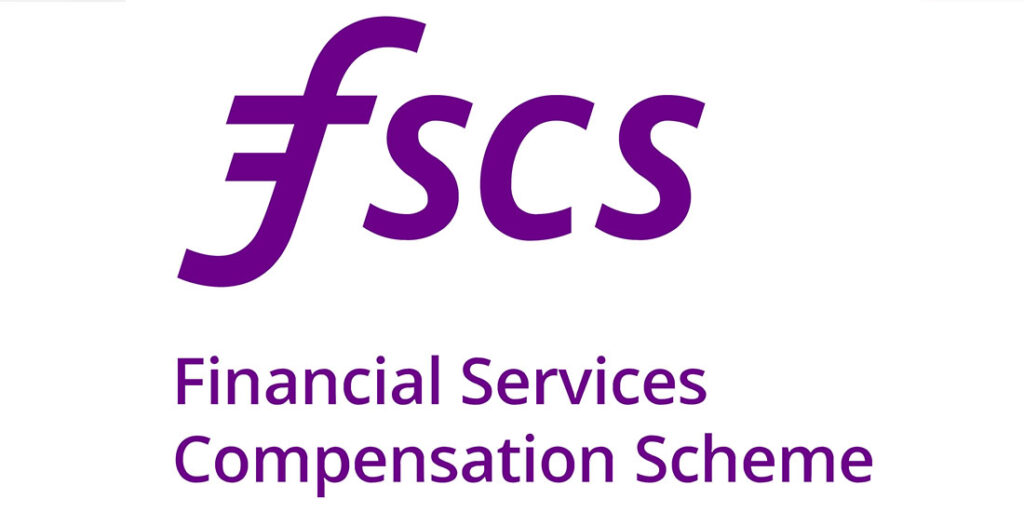What next as 2017 general election results in hung parliament?
After seven weeks of campaigning, the 2017 General Election results have been announced – the Conservatives failed to secure a majority, with Britain waking to news of a hung parliament. The latest in a line of momentous political shocks in an historic 12 months, the surprise outcome of the election poses as many questions as it does answers.
What is a hung parliament?
A hung parliament is when no single political party gains the 326 seats required to have a majority in parliament.
What are the possible outcomes?
Theresa May has signalled her intent to form a Conservative coalition government with Northern Ireland’s Democratic Unionist Party
Theresa May remains in charge of a minority Conservative government, risking the party’s ability to push new legislation through parliament
Theresa May resigns and Jeremy Corbyn forms a Labour-led coalition or minority government
If no party is able to form a government, a second General Election is likely to take place later this summer

However events in Westminster unfold over the coming days, the onus will be on whichever party or parties form the new government to provide direction and stability at this critical juncture. Moreover, at a time when investor and consumer confidence remains resoundingly positive towards supporting the UK private sector, it is vital that prompt and decisive action is taken to deliver the clarity required for investors to act upon these sentiments.
Maintaining positive sentiment
In the lead up to the General Election, research by Kuflink revealed that 30% of investors are currently turning to traditional asset classes such as property due to their historical resilience in times of political and economic transition. Featured in Investment Europe, 24Housing, UK Investor Magazine and Crowdfund Insider, the research also showed that 38% of investors were waiting until after 8 June to make new financial decisions, demonstrating the critical requirement for the next government to act quickly to ensure investors can execute their investment strategies unabated by uncertainty.
In the coming days, once the dust has settled and the make-up of the new government is known, Kuflink will be conducting research among UK investors to uncover their sentiments towards the country’s new leaders. Specifically, we will examine how much faith the investor community has in the new government’s ability to drive growth for Britain’s economy and its property market.
General Election 2017: What do the Parties Propose for the Property Market?
On Thursday 8 June, Britain will head to the polls to elect a government responsible for managing Britain’s withdrawal from the European Union (EU). With recent Kuflink research revealing that over a third (34%) of UK investors believe Brexit has impacted their investment plans more than any other political event in their lifetime, it is important that the next elected government provides clarity and direction to reassure the country’s investor community.
This week, the Conservatives, Labour and the Liberal Democrats released their respective election manifestos – mapping out their future vision for the country amidst a period of economic transition and change. Property featured prominently across all three party manifestos, each proposing different measures to ensure the future growth of the UK real estate market.
Building upon the policy initiatives first announced in the Housing White Paper earlier in the year, the Conservative Party pledged to deliver an additional one million homes by the end of 2020. This would be followed by the construction of an additional 500,000 residential properties by the close of 2022. With investor demand for properties currently outweighing the supply of housing stock, the Conservative Party plans to catalyse movement within the property market through the construction of new homes. This would be supported by additional measures to modernise the home-buying process and cracking down on malpractice within the letting market.

In a similar vein to the Conservatives, Labour has also committed to building over a million new homes. This will be complemented by the construction of 100,000 council and housing association homes each year. To ensure policy measures are in place to address the underlying issues affecting the housing market, Labour announced that it would also create a new Department for Housing; extend High Speed 2 to Scotland; and ensure Crossrail 2 is built.
Finally, the Liberal Democrats have pledged to contribute 300,000 new homes a year, introduce three-year tenancies and link rent increases to inflation. The Liberal Democrats have also proposed to abolish the Voluntary Right to Buy pilot scheme and to introduce new regulations on the advertising of UK residential real estate in international markets.
With Kuflink’s timely research finding that 30% of UK investors are turning to property in light of the snap General Election and Brexit, real estate investment remains a popular destination for investors in times of change. As such, the commitment of all parties to the construction of new properties and the advancement of infrastructure projects to support market demand is promising to see. For the government elected on 8 June, it is of utmost importance that targeted initiatives continue to sustain the dynamism of the UK’s globally-renowned property market.
UK investors prepare for the 2017 General Election outcome
Next week, Britain will head to the polls for the third major democratic vote in as many years. Following the 2015 General Election and the EU referendum last year, the fast-approaching day – Thursday 8th June – takes on huge significance, with the victorious party responsible for overseeing the country’s withdrawal from the European Union.
On Sunday, Kuflink’s CEO Tarlochan Garcha appeared on talkRADIO discussing how the upcoming General Election is impacting the UK’s community of investors and property buyers. Featuring on The Week with Daisy McAndrew, Tarlochan discussed how landmark political events will typically trigger speculation and caution within the financial markets, and how this has impacted investor sentiment in today’s Brexit-dominated climate. Kuflink’s own research was cited as evidence of this; our recent survey of 1,100 UK investors found that 38% of investors are awaiting the outcome of Thursday’s election before making any notable financial decisions, and a further 34% stating that Brexit has impacted their investment decisions more than any other event in their lifetime.
While some investors put their plans on hold, the majority are still continuing with their investment strategies unabated, turning to traditional asset classes that hold historical value to counter the uncertainty associated to the recent political events. Encouragingly, the UK’s property market has remained resilient, with average asking prices for homes in the UK hitting a record high of £317,000 in May. Furthermore, new research has predicted that property prices across the UK will rise by a further 6.1% in the next five years.
Kuflink’s latest report – Peer to Property – revealed that investors are turning to property in light of Brexit uncertainty, with 38% of investors favouring this asset due to its strength and stability in times of transition. As such, with Brexit negotiations commencing just 11 days after the General Election, a significant responsibility lies with the successful party to ensure the continued growth of the property market, ensuring investors are supported fully in a time of critical transition.

Alternative Ways To Invest In Property Without Becoming A Landlord
Property has become an incredibly popular investment in the UK in recent decades, not least because of the incredible house price growth. In April 1997, the average price of a property according to the Nationwide House Price Index stood at £57,406. Today that figure is a massive £207,699.
Kent firms planning to increase prices at highest level for seven years
Rising costs on imports have been blamed for 42% of businesses expecting to charge customers more for their products and services, according to the quarterly economic survey by Kent Invicta Chamber.
Earn annual returns up to 6% with Kuflink
Kuflink is offering an opportunity to earn up to 6% a year through its peer-to-peer (P2P) lending platform, & short-term finance to invest in property.
Kuflink to Explore Investor Sentiment toward Property and P2P Investment
Over the past 12 months, the UK’s political and economic landscape has been altered by a series of momentous events. Beginning with the EU referendum in June 2016, the country has since witnessed the appointment of Theresa May as the new PM, a new-look Conservative Cabinet come to power, interest rates cut to record lows, Brexit negotiations officially commence and now a snap General Election called for 8 June 2017. Indeed, national research conducted by Kuflink in January 2017 found that for over 2.4 million investors, the political events of the past 12 months are influencing investment decisions more than any other factor.
Amidst these landmark announcements, financial markets have inevitably experienced fluctuations. However, the UK economy as a whole has proven its resilience – the International Monetary Fund (IMF) has predicted that the nation’s GDP is due to expand by 2% in 2017, with Britain named as the second fastest growing developed economy in the world. Furthermore, the UK property market has also demonstrated its ongoing strength; in the 12 months to April 2017, house prices grew by 2.6%, while a national housing market confidence tracker last month found that 58% of people expect average property prices to increase in the year ahead, compared to just 14% predicting a fall.

For the country’s economy to continue its impressive growth trajectory, it is of critical importance that the nation’s community of investors is fully supported – by way of education, transparency and awareness – to make informed financial decisions that sustain economic momentum. During a period of significant transition such as that of the current pre-Brexit, pre-election window, the movement of private investment and wider spending power bears vital importance as a catalyst for wider economic growth.
To that end, Kuflink has recently carried out timely research delving into the sentiments of the UK’s private investors, exploring how they are thinking and acting in the current climate – which is being shaped in no small part by Brexit and the forthcoming election. Based on a survey of more than 1,100 UK investors, Kuflink will soon launch its new report entitled ‘Peer to Property: Investor Perceptions of Alternative Finance and Traditional Asset Classes’. The study will provide valuable insight into:
• How Brexit and the General Election are shaping investors’ financial strategies
• Investors’ attitudes towards traditional asset classes such as property
• Their sentiment towards new-age investments and alternative finance
We look forward to sharing this report to you in the coming week.



